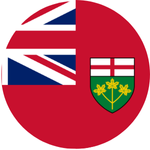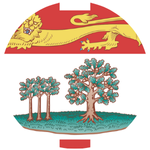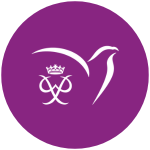At the heart of education lies the shared mission to empower learners for a brighter future. Award Canada is excited to be supporting efforts to rethink secondary education structures and re-imagine learning within existing frameworks. Award Canada is proud to partner with educators to bring the Award’s experiential learning framework to young people across Canada. Discover more about the Co-curricular Approach and bring the benefits of the Award to your students.
Why the Award? Integration with formal education Meet the teamIn the future, people will need far greater flexibility, resilience, capability, capacity to adjust, problem-solving and communication skills to deal with fast-changing times, constant innovation and ever more unpredictable circumstances. We have known this for some time, though perhaps many of us remain surprised, even shocked, at the pace it has come upon us.
Dr Howard Williamson Cvo Cbe Frsa Fhea, Professor Of European Youth Policy At The University Of South Wales. Trustee Of The Duke Of Edinburgh’s International Award FoundationFormal education supports young people figure out what they want to do. Experiential learning supports young people discover who they want to be.

Why the Award?
The Duke of Edinburgh’s International Award fosters personal growth, resilience, and teamwork among students, and complements academic learning, providing young people with valuable life skills and experiences that enhance their future opportunities. Working alongside our team of experts and pilot partner organizations, we exploring the challenges in public education and finding ways to align Award Canada’s experiential learning framework with public education and curriculum goals.
Young people set and achieve SMART Goals in 4 activity categories...


Voluntary Service
Participants volunteer in their communities, making a positive contribution to society and demonstrating social responsibility.


Physical Recreation
Young people improve their fitness and performance, and build a healthy lifestyle which encourages good mental health and physical well-being.


Skill Development
Participants develop their talents, broadening their abilities, increasing their self-confidence and improving their employability.


Adventurous Journey
Young people discover a spirit of adventure and discovery while planning and undertaking a journey with a peer group.

Award Integration: Flexible and Adaptable
The Award framework serves as a powerful experiential learning co-curricular tool for education systems. When the framework is used to support formal learning, it helps to extend learning beyond the classroom. The Award enriches existing curriculum, and deepens youth engagement, while fostering a strong student-teacher relationship.
Through our pilot, we are working with with educators, ministries, industry partners, and school boards across the country to purposefully connect the Award’s framework to enhance provincial curricular learning outcomes. Here are some ways in which to integrate the our experiential learning framework with existing curriculum’s:
Award Integration in Action
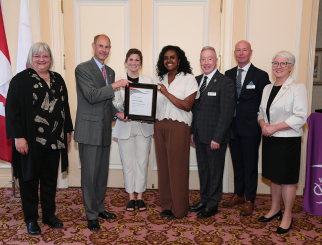
Fanshawe College Becomes First Post-Secondary EOP in Co-curricular Approach
Fanshawe College is the first post-secondary institution in Canada to partner with Award Canada through its Co-curricular Approach to empower educators and students, beginning with Fanshawe's Women in Skilled Trades Program, to build leadership, confidence, and purpose through experiential learning. Read more.
Read More
Transforming Adolescent Development with Strength-Based Approaches
Discover how Award Canada's innovative strength-based approaches are transforming adolescent development by leveraging scientific insights and real-world applications to empower youth and improve their long-term outcomes.
Read More
Co-curricular Learning Thrives with Partner Support
Award Canada is grateful for the support of both corporate and education partners in advancing the Co-curricular Approach Pilot. Their contributions are essential in expanding access to experiential learning, helping young people in Canada build key life skills and prepare for future success.
Read More
GECDSB Joins Award Canada's Co-curricular Pilot
A big welcome to the Greater Essex County District School Board (GECDSB) as an Award Canada Operating Partner! We’re excited to work alongside GECDSB educators to bring the Award’s experiential learning framework to students in their schools in Ontario.
Read More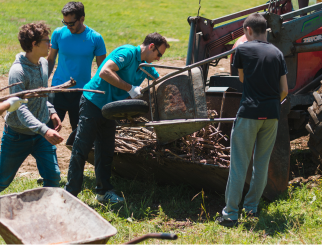
Co-curricular Pilot Integrates SHSM
Together with educators and industry leaders, Award Canada is now supporting Ontario high school students earning their Specialist High Skills Major (SHSM) diploma.
Read MoreJoin our Co-curricular Pilot Today
Expressions of interest are open for school boards to participate in Award Canada’s national pilot to utilize the Award’s flexible framework within school courses, interdisciplinary programs and portfolios for students ages 14-24. Please contact us for an information session or conversation to learn more about how Award Canada can align with your strategic plan, priorities, and values.
Join the pilot here Download our brochure
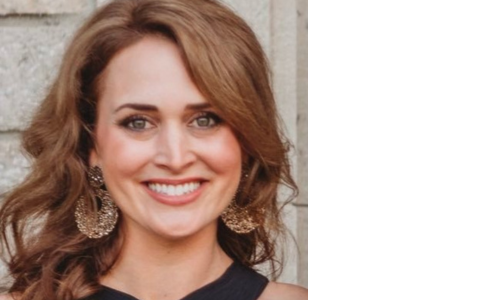
Meet the Team
Laura Briscoe, Education Consultant
As the Coordinator for Experiential Learning, Specialist High Skills Major (SHSM) and former System Coordinator of Innovation and Technology, and Global Competencies Facilitator, for Thames Valley District School Board, Laura has experience working with hundreds of community clients, spearheading ministry pilot projects, and has published research in interdisciplinary and co-curricular learning strategies, community collaboration and student well-being.
Laura’s expertise and firsthand experience will not only support redefining the boundaries of education but will also help bridge the gap between theory and practice, ensuring our efforts remain grounded in the realities of classrooms and schools.
Get in touch

